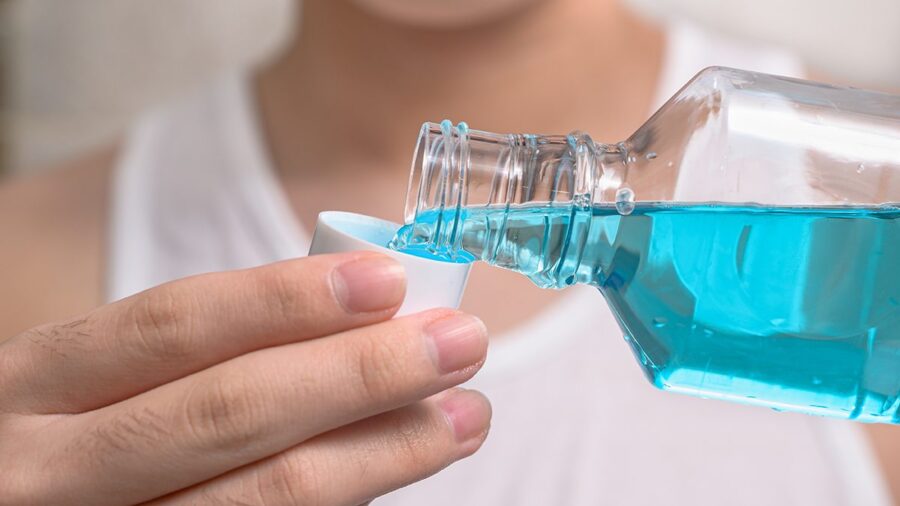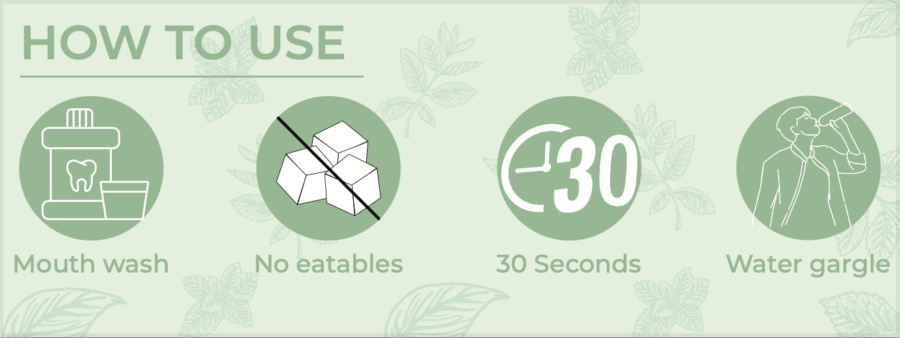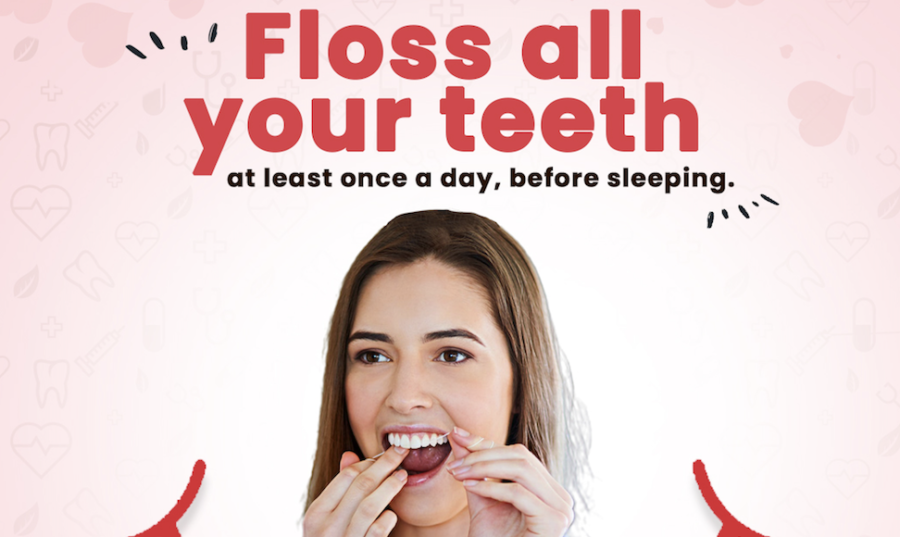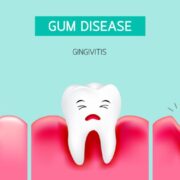Oral hygiene is one of the most important habits you can develop to keep your mouth healthy. Did you know that a healthy mouth is a key to a happy and healthy life? If you want to keep a perfect smile for the rest of your life, it’s time for some better oral hygiene practices. Aside from brushing and using mouthwash, here are best practices that will help keep your mouth clean and healthy at all times. It doesn’t matter how old you are or how many teeth you have left—keeping your teeth clean has benefits at any age. Healthy gums and teeth not only help with speech and eating but also have been linked to an increased likelihood of remaining disease-free as you age. Keeping your pearly whites clean also helps prevent cavities, gingivitis, and other conditions that could impact how others see you.
Mouthwash for oral hygiene
This is the first step in your fight against plaque, bacteria, and other oral health issues. There are many different types of mouthwash available on the market today, each with its own benefits and drawbacks. First, you should determine which type of mouthwash will work best for your specific needs. Some of the most important things to consider include your oral health goals, the type of product you’re looking for (liquid or gel), and possible side effects. Once you know what you’re looking for, it’s time to start reading labels.

If you have sensitive teeth, gums, or other oral health issues, it’s a good idea to choose a mouthwash that contains fewer chemicals and more natural ingredients. As with most types of oral health products, it’s also a good idea to steer clear of mouthwash containing SLS. A mouthwash or rinse does not replace a regular oral hygiene routine of twice-daily tooth brushing and daily flossing.

The main function of most mouthwashes is to freshen your breath, although if you suffer from severe chronic bad breath (halitosis), talk to your dentist about other ways to address the causes of the problem and manage your bad breath condition. That said, some types of mouthwash, such as fluoride rinses, can help protect teeth against acids produced by plaque bacteria if you use them after you have thoroughly brushed and flossed your teeth. And your dentist may prescribe a specific mouth rinse or mouthwash if you are recovering from a fungal infection or a bout of gum problems.
Dental Floss for oral hygiene
It’s a fact that more than 80% of adults don’t floss on a regular basis. That’s why oral health experts recommend daily flossing. This simple practice can help reduce gum disease, cavities, and bad breath. In order to reap these benefits, you should be using proper flossing technique. If you have questions about how to do this, ask your dentist or dental hygienist for advice. You may also want to consider investing in a flossing device, like a water flosser, that makes the process a bit easier.

- Break off about 18 to 24 inches of dental floss. To hold the floss correctly, wind most of the floss around both of your middle fingers. Leave only about 1 to 2 inches of floss for your teeth.
- Next, hold the floss taut with your thumbs and index fingers.
- Place the dental floss in between two teeth. Gently glide the floss up and down, rubbing it against both sides of each tooth. Don’t glide the floss into your gums. This can scratch or bruise your gums.
- As the floss reaches your gums, curve the floss at the base of the tooth to form a C shape. This allows the floss to enter the space between your gums and your tooth.
- Repeat the steps as you move from tooth to tooth. With each tooth, use a new, clean section of floss.
Brush Your Teeth and Gums for oral hygiene
As mentioned above, it’s incredibly important to brush your teeth and gums on a daily basis as part of a better oral hygiene routine. Fortunately, there are many different types of toothbrushes available on the market today. You may even want to invest in a few different types of toothbrushes, including a travel toothbrush, in order to get the most out of your daily oral health routine. If you have braces, you may want to look for a special type of toothbrush. It’s also a good idea to use an antibacterial mouthwash daily.
It’s also important to note that you shouldn’t brush your teeth too hard or scrub too aggressively. This can increase your risk of gum disease. When brushing your teeth, it’s also a good idea to use gentle strokes in order to avoid damaging your gums. It’s also important to note that you should brush your gums as well as your teeth. If you have questions about how to keep your teeth and gums healthy, talk to your dentist for advice.
Tips for Brushing Your Teeth and Gums
✩ Make sure you’re brushing your gums as well as your teeth.
✦ It’s also important to focus on your tongue when brushing.
✩ Avoid using too much pressure when brushing.
✦ Use a soft-bristled toothbrush for the best results. Make sure you clean all the surfaces of all your teeth, which should take about 2 minutes.
✩ Remember to brush the inside surfaces, outside surfaces, and the chewing surfaces of your teeth.
✦ Using a mouthwash that contains fluoride can help prevent tooth decay, but don’t use mouthwash (even a fluoride one) straight after brushing your teeth or it’ll wash away the concentrated fluoride in the toothpaste left on your teeth.
✩ Choose a different time to use mouthwash, such as after lunch.
✦ Don’t eat or drink for 30 minutes after using a fluoride mouthwash.
Oral Health Tips
Drink fluoridated water and brush with fluoride toothpaste. Practice good oral hygiene. Brush teeth thoroughly twice a day and floss daily between the teeth to remove dental plaque. Visit your dentist at least once a year, even if you have no natural teeth or have dentures.

Conclusion
As you can see, there are many things you can do to improve your oral hygiene habits. If you want to keep your teeth and gums healthy, be sure to brush and floss daily. You should also consider investing in a good mouthwash, like a natural varieties, to help keep your mouth clean and fresh. If you maintain proper oral hygiene, you should see a significant improvement in your overall oral health.






